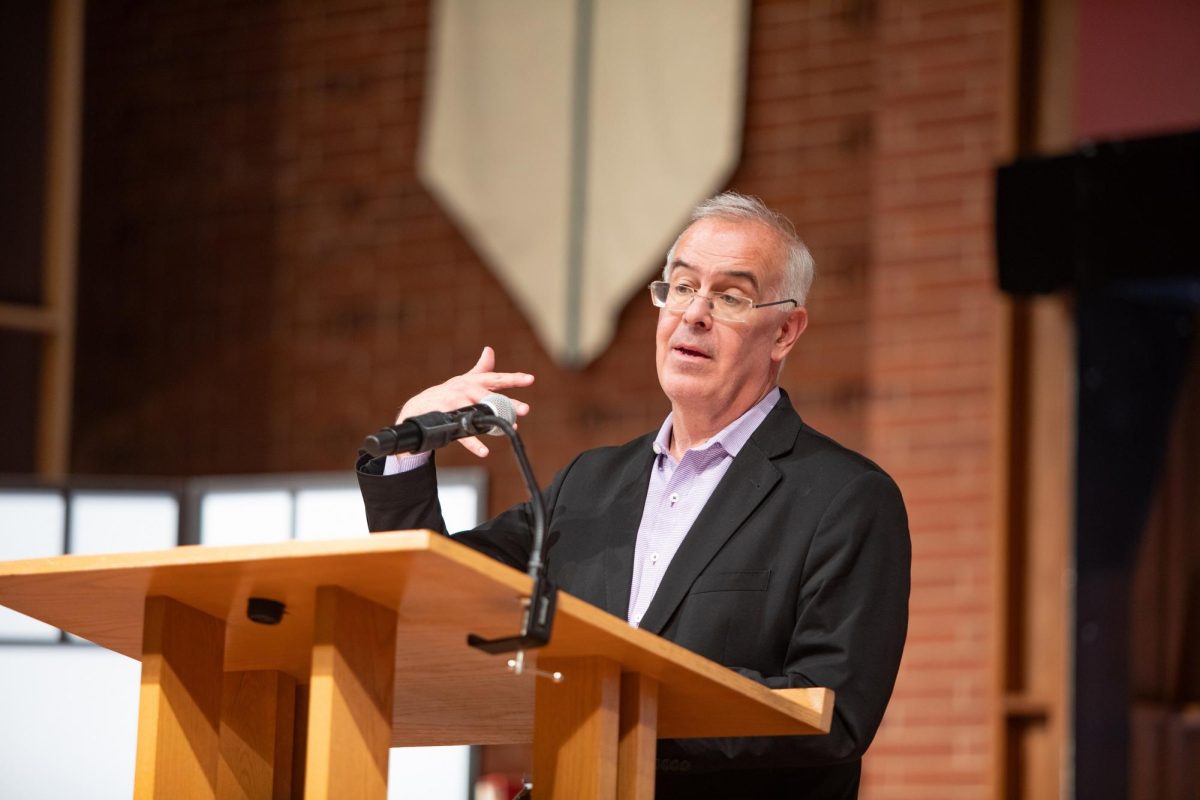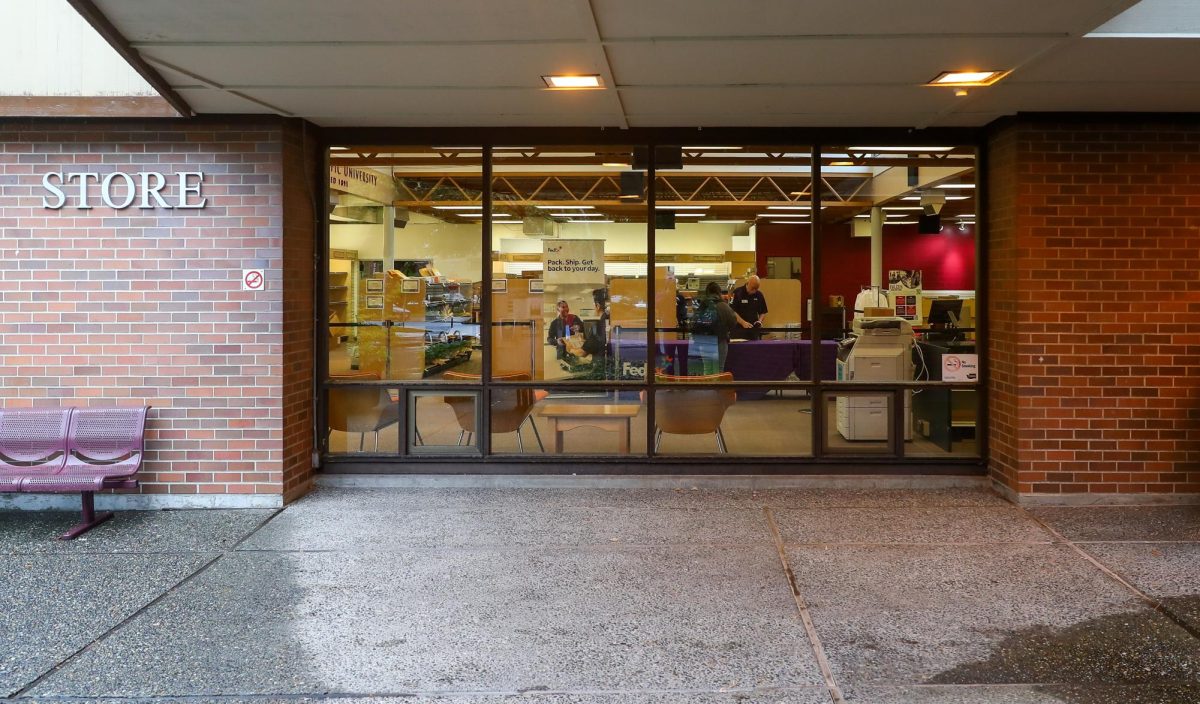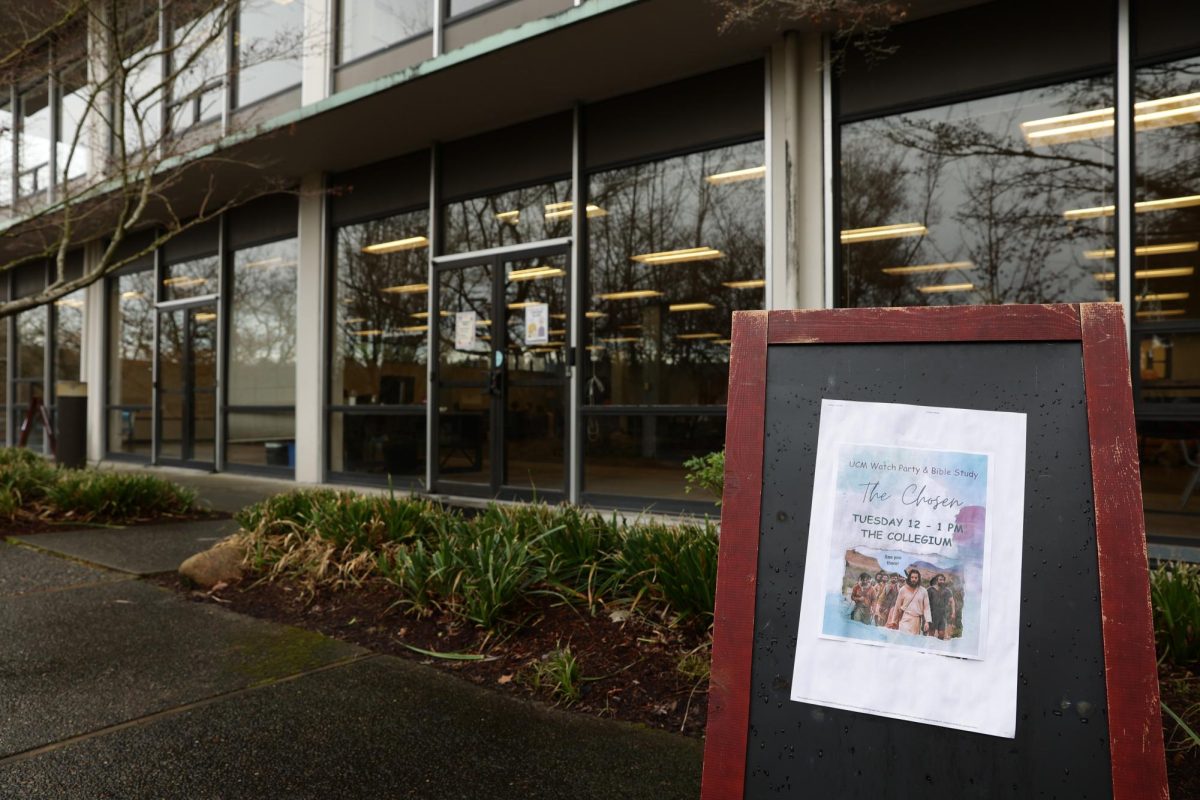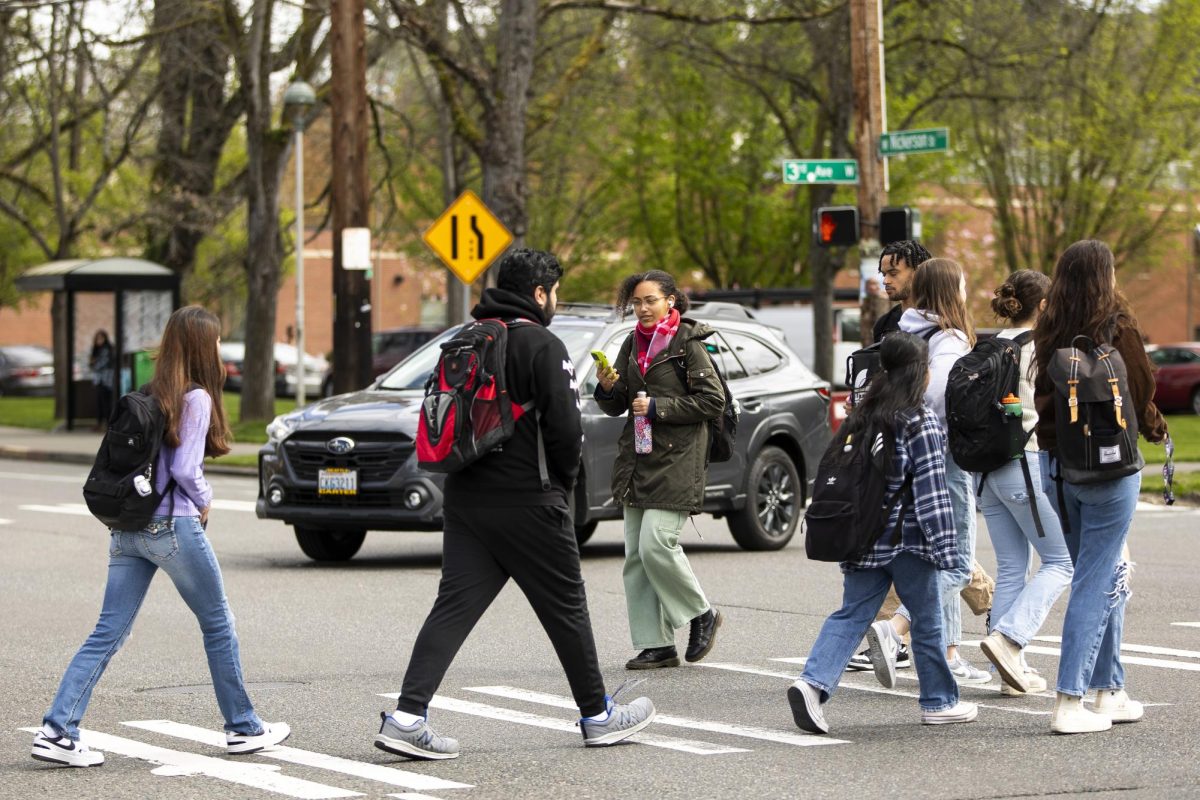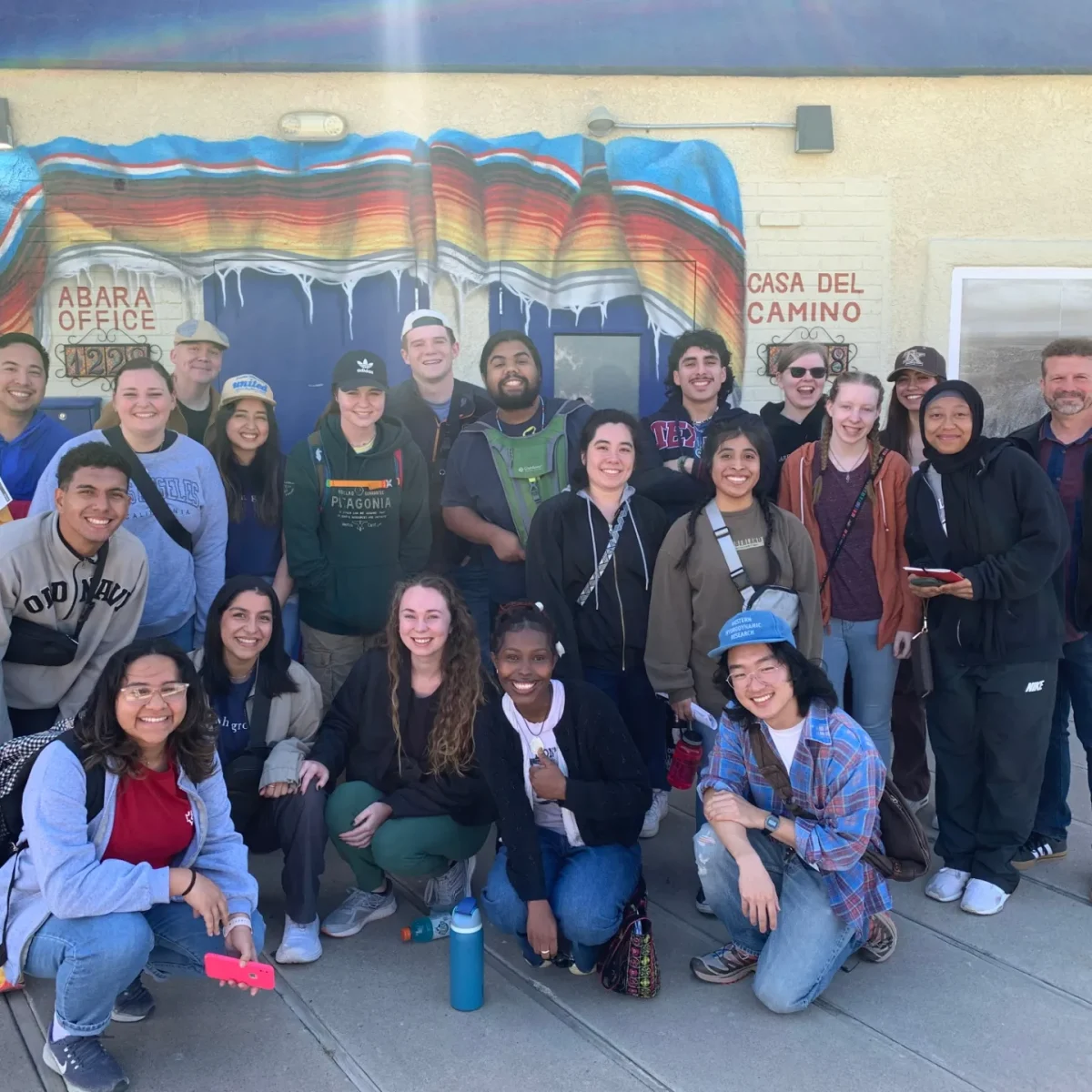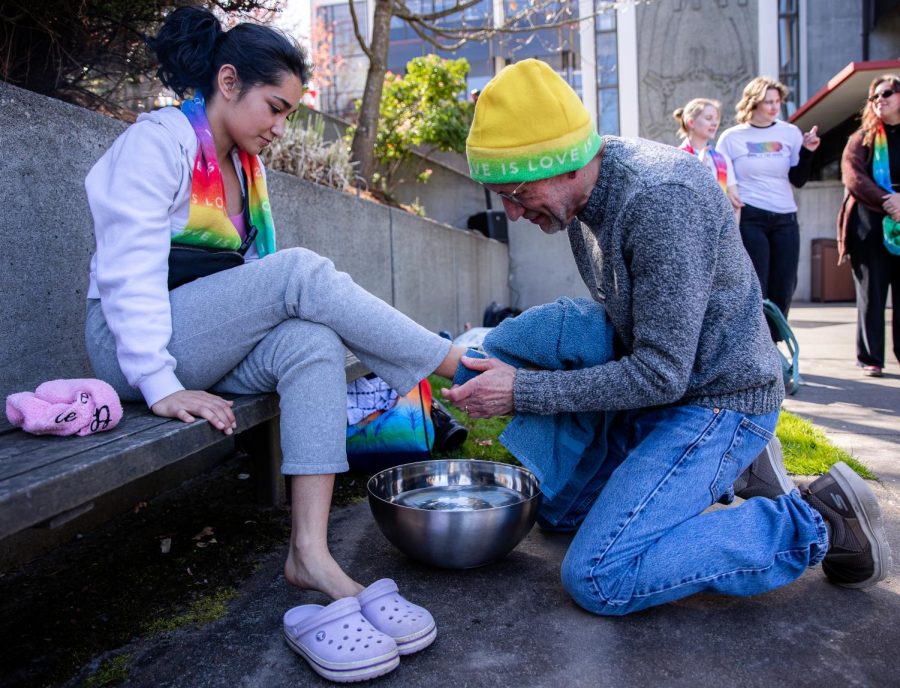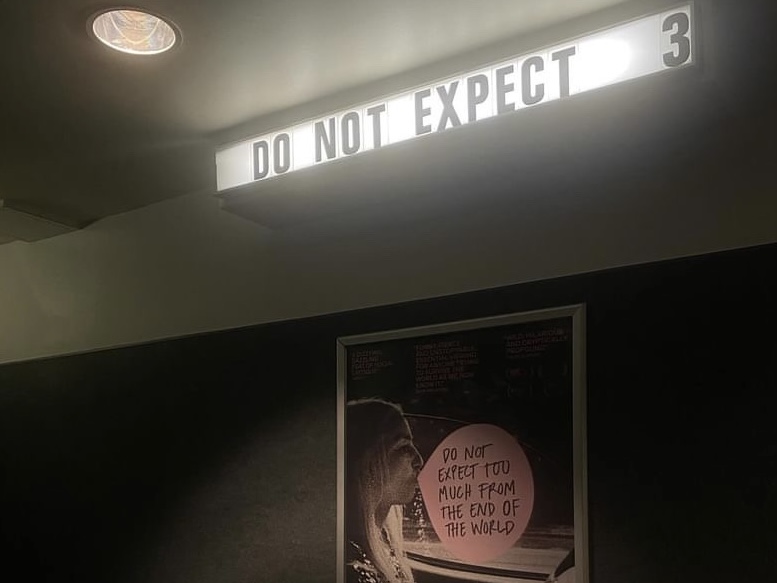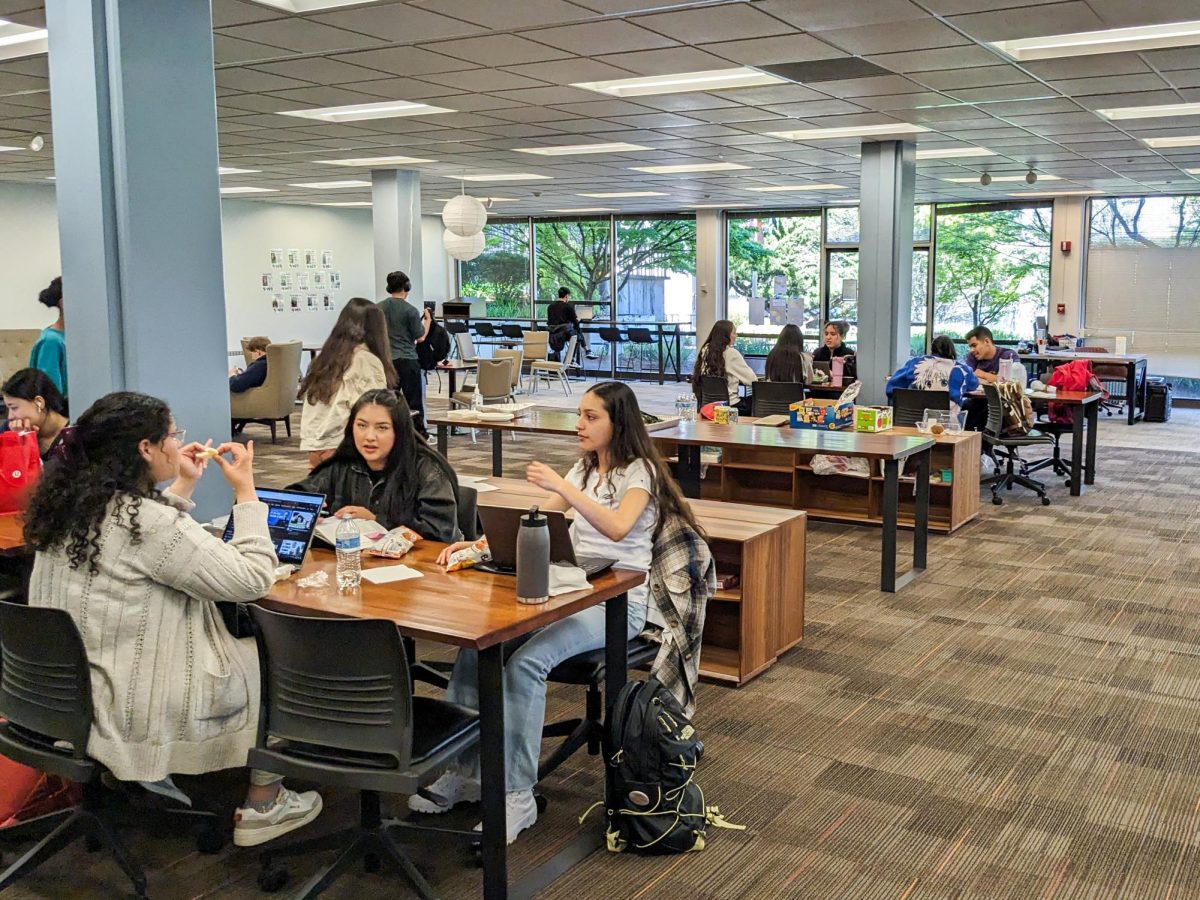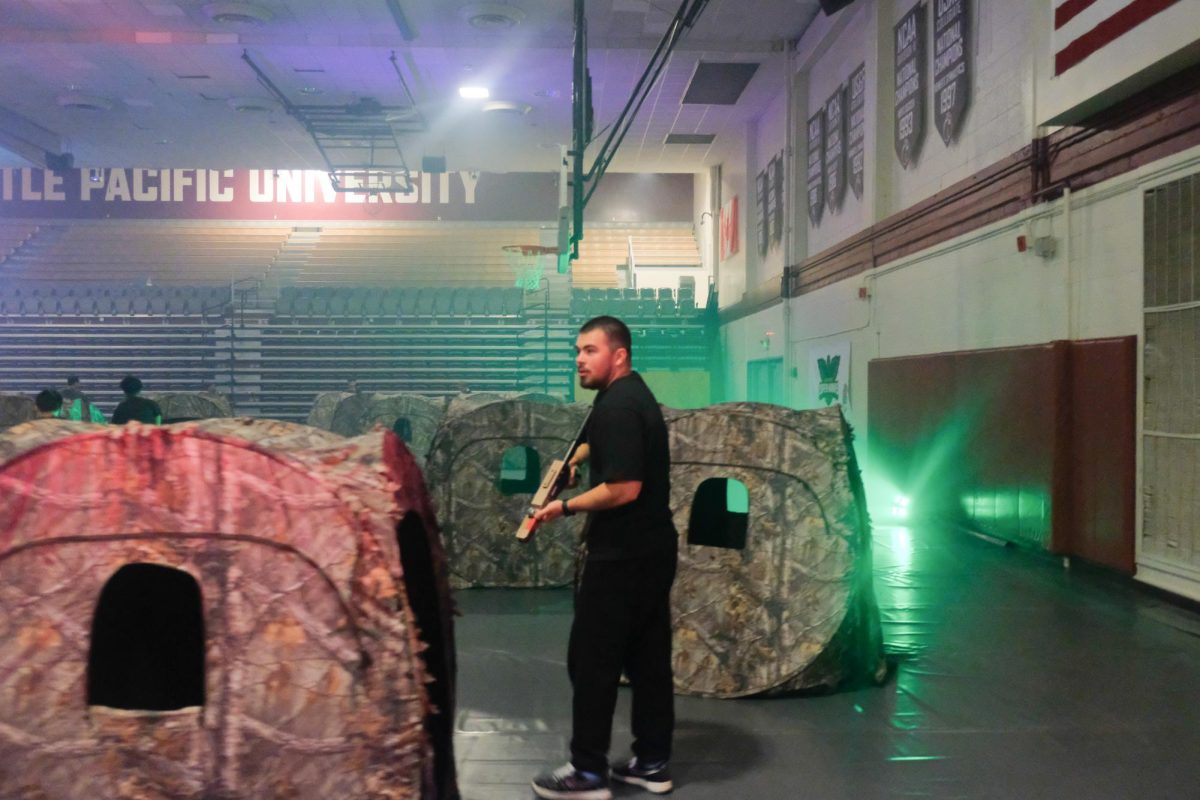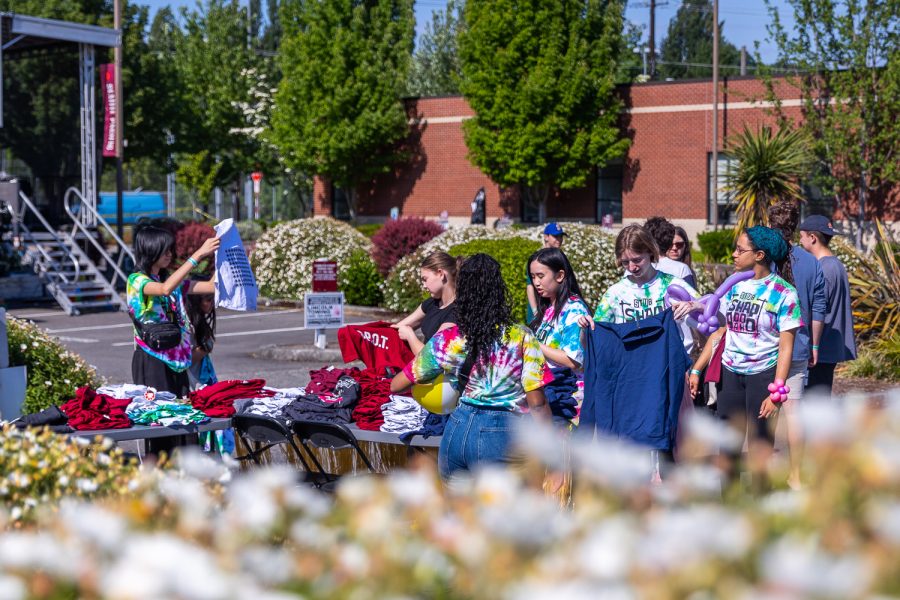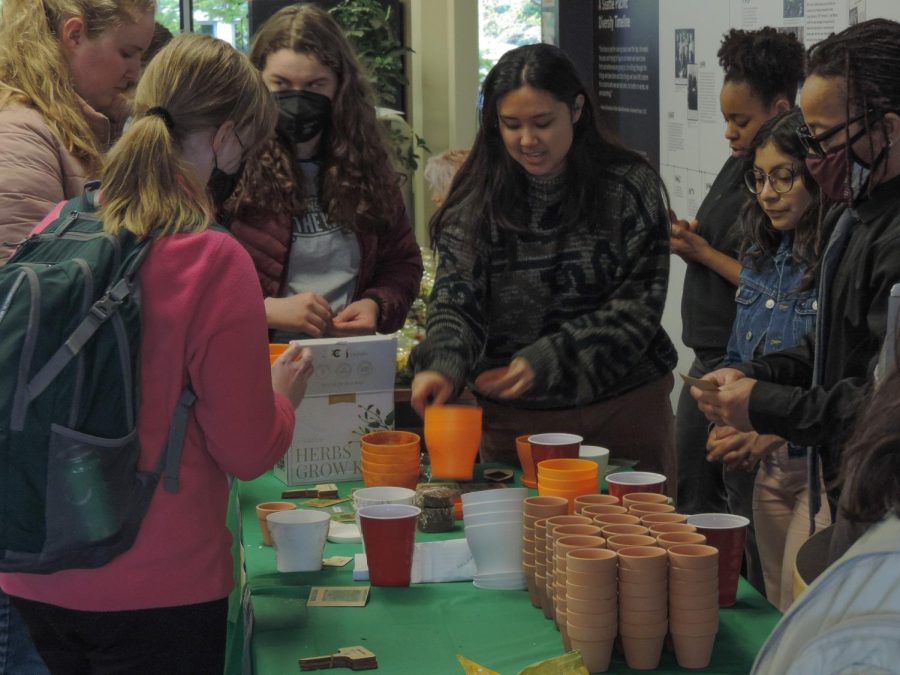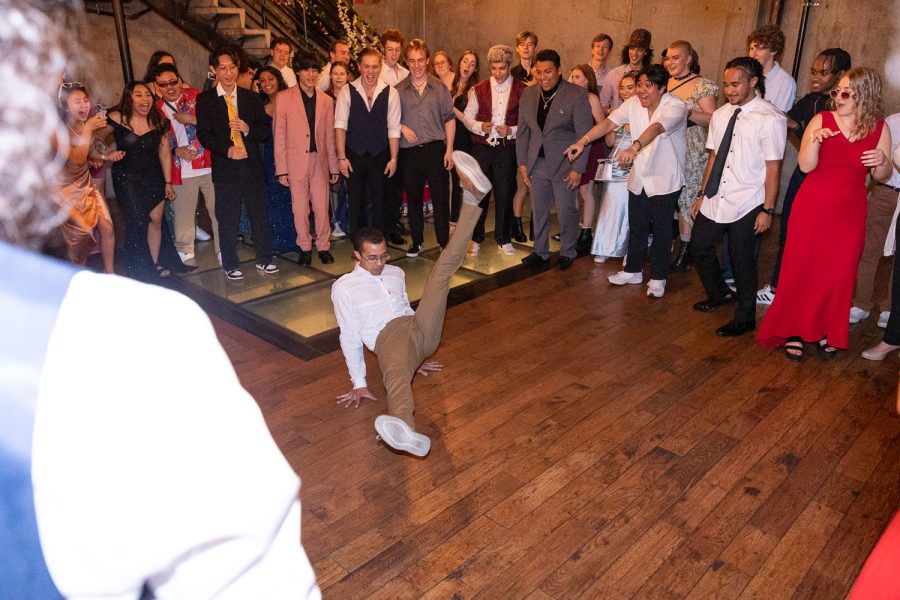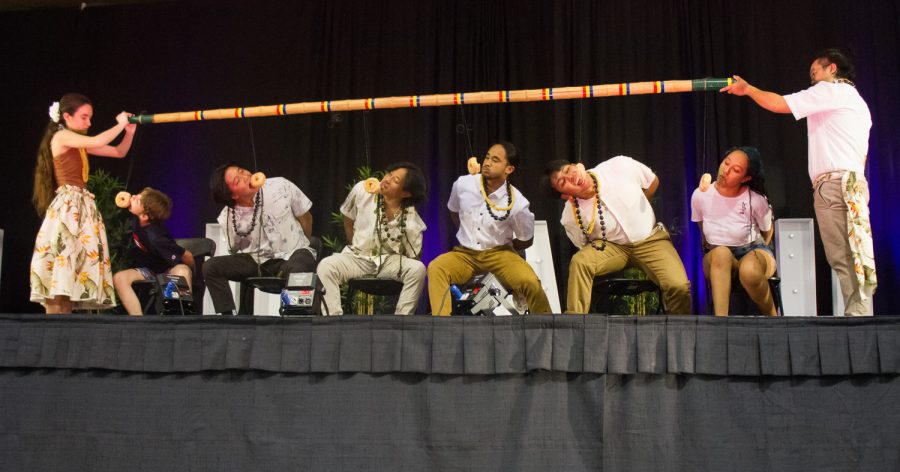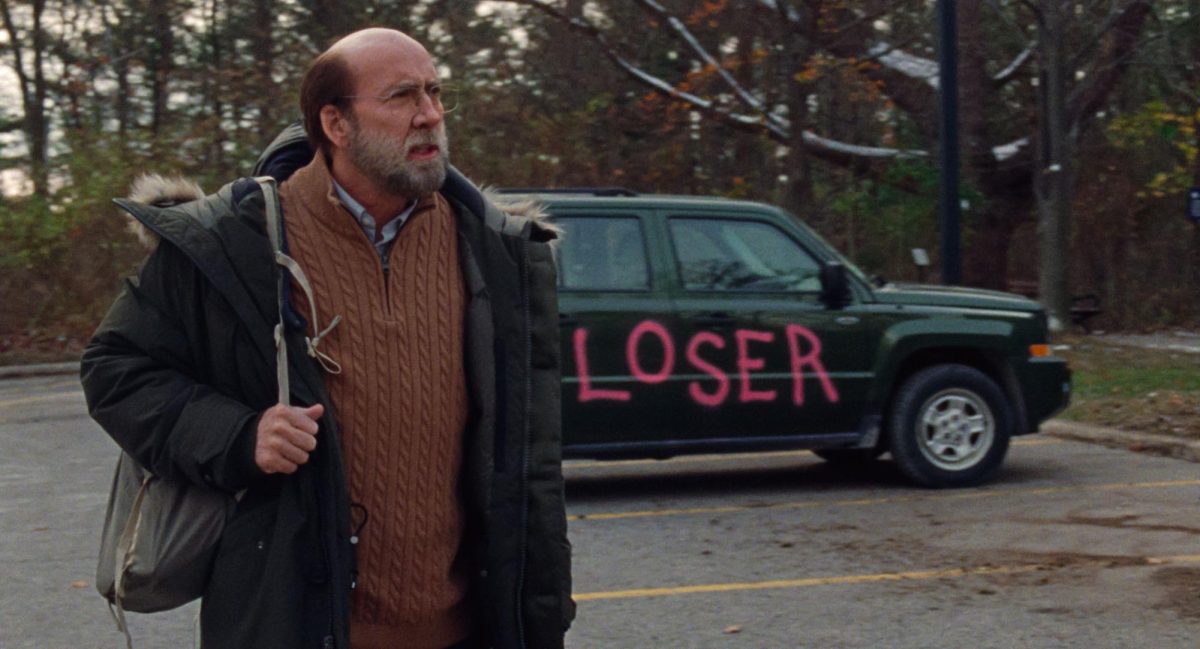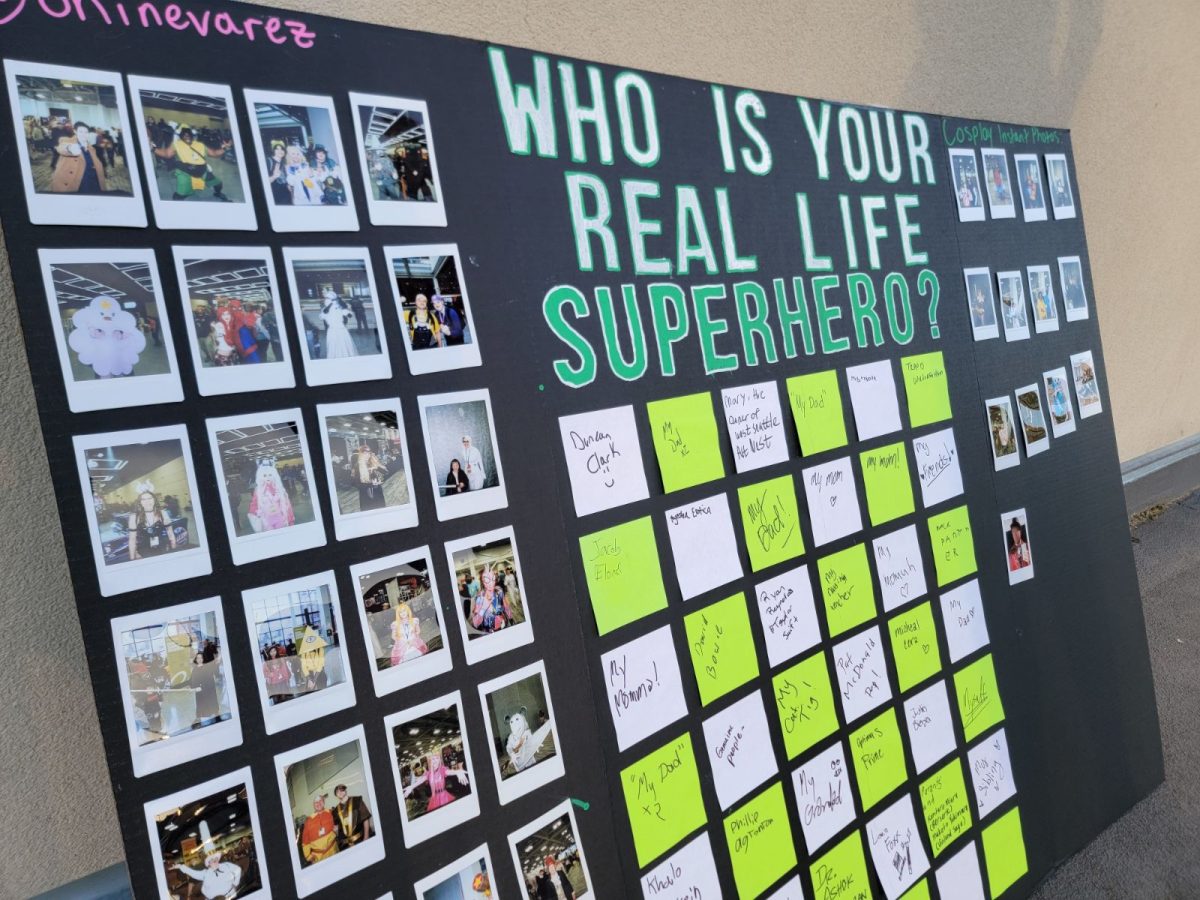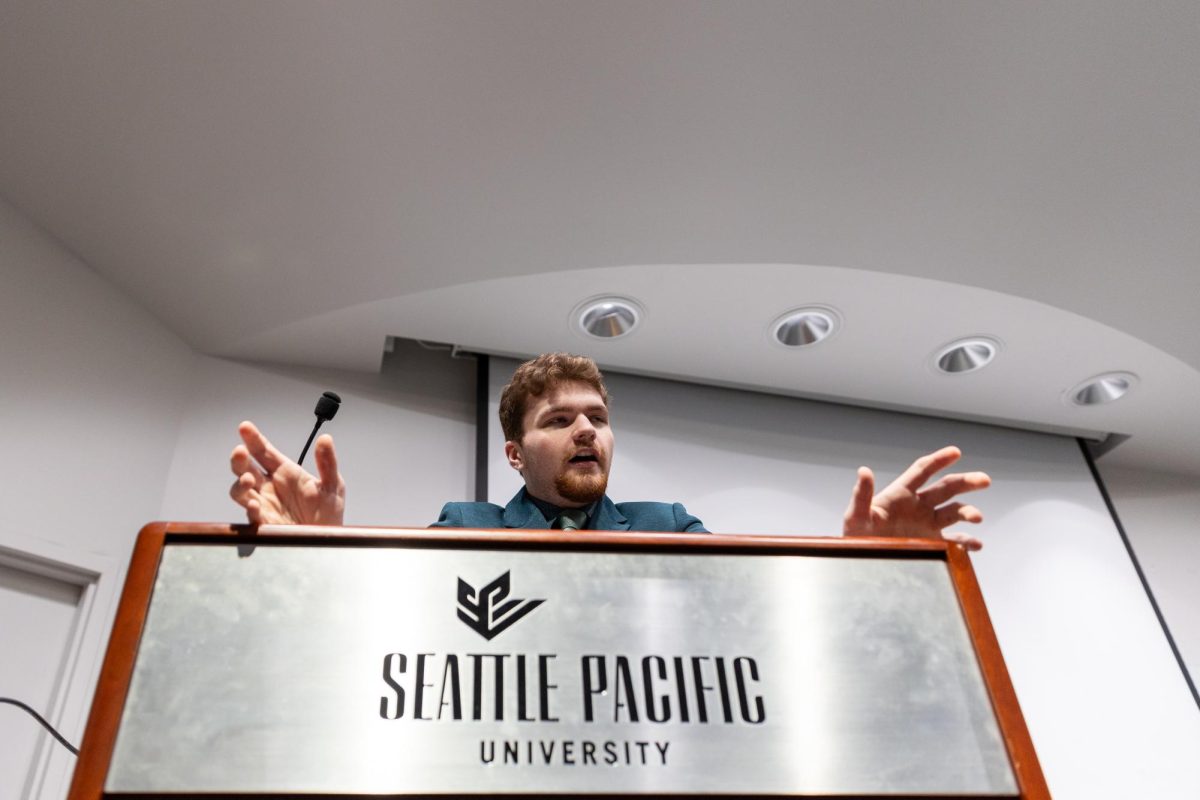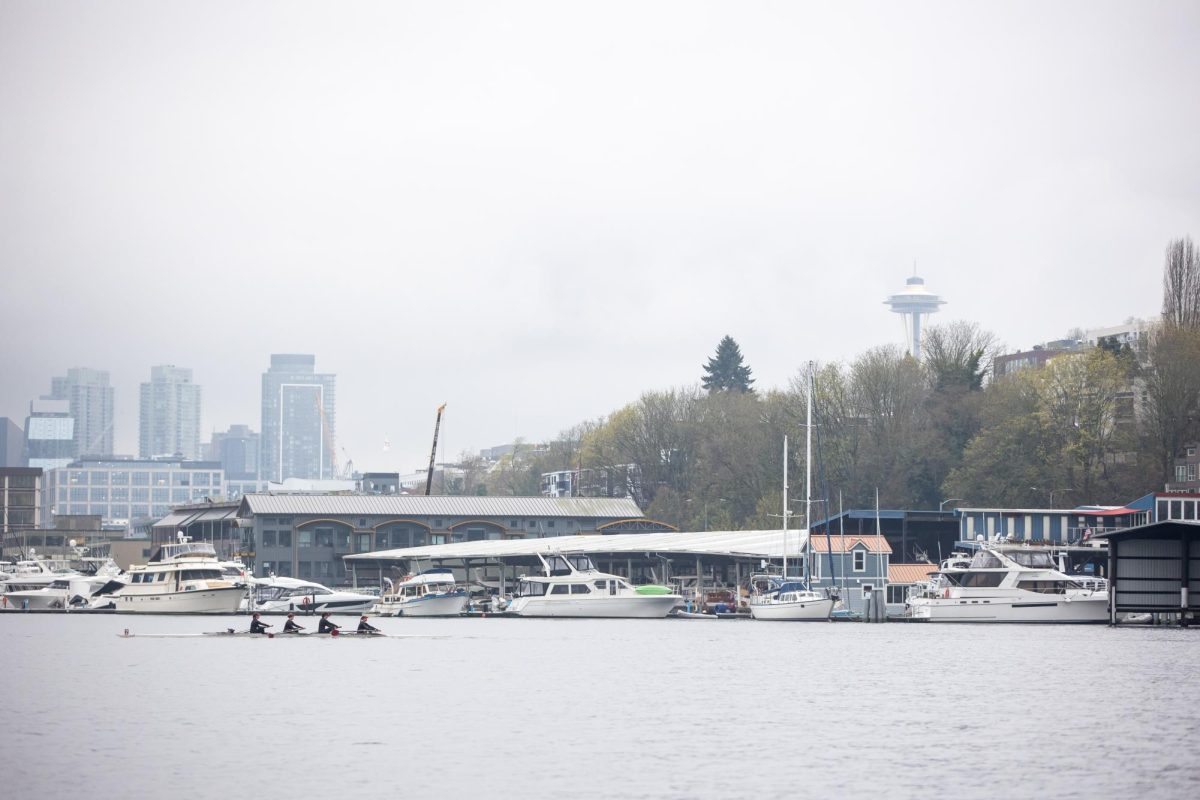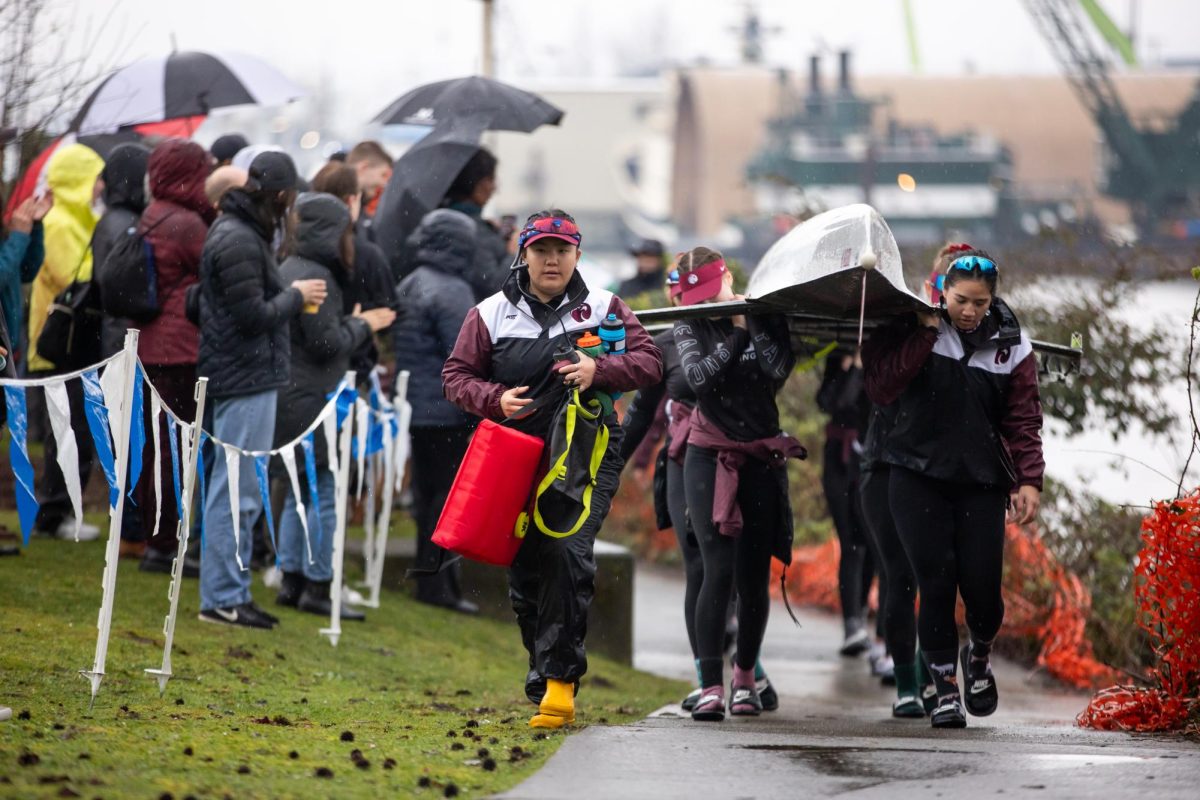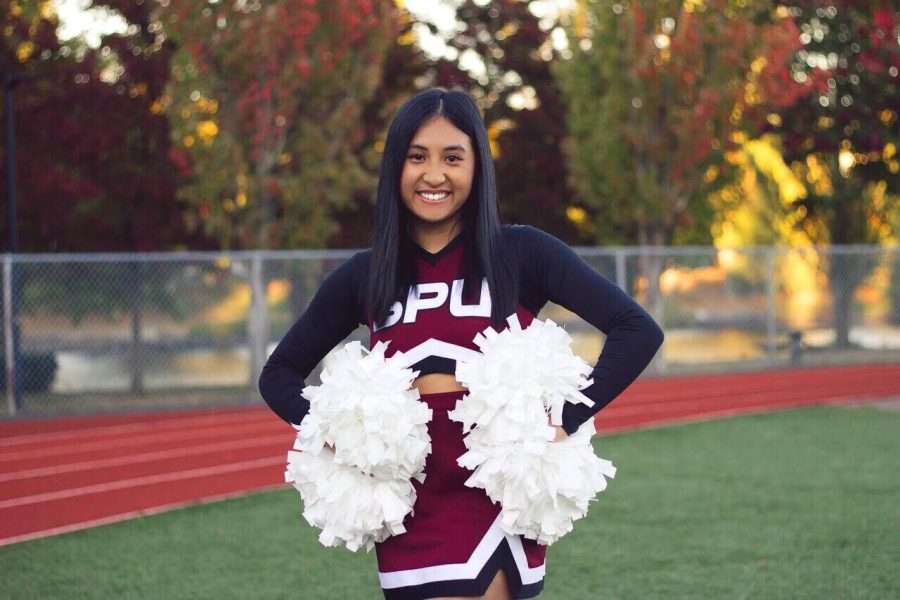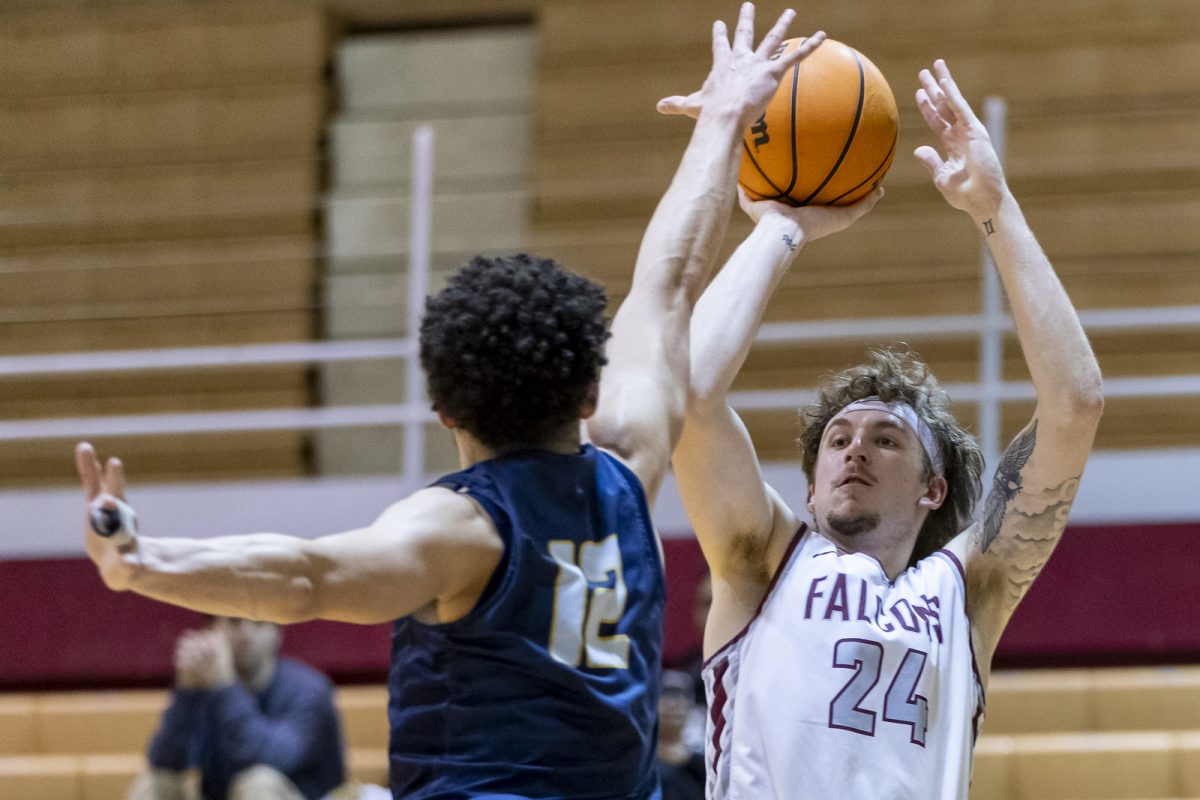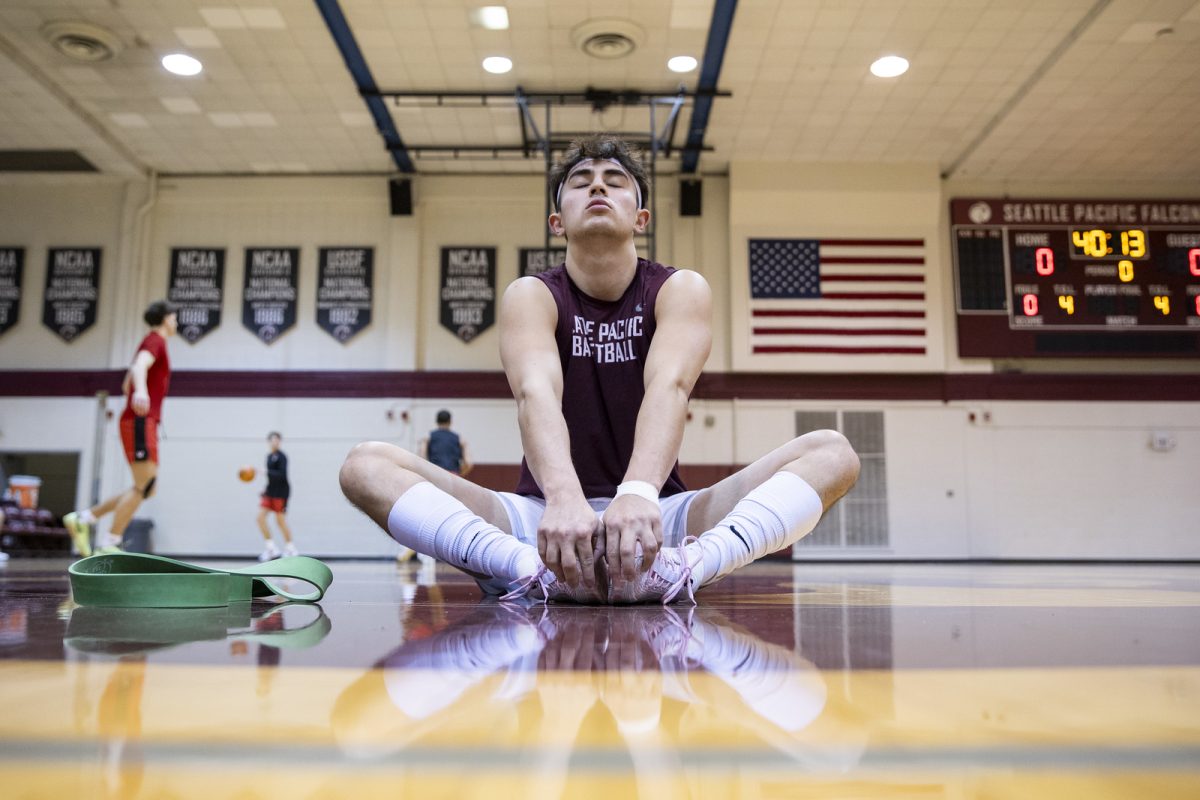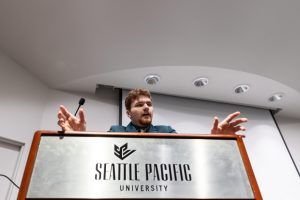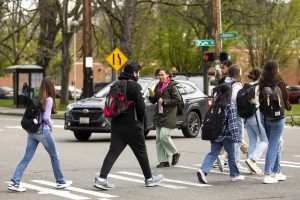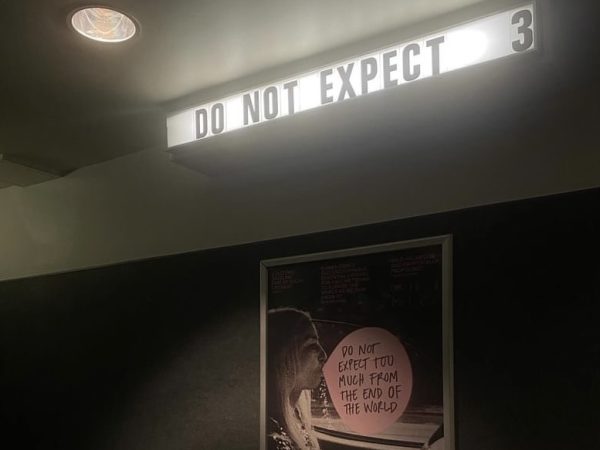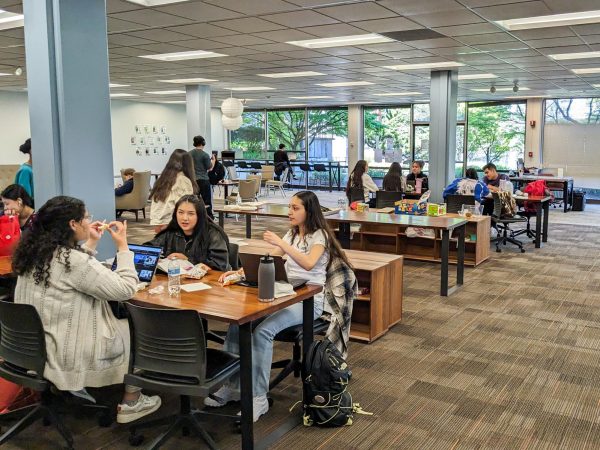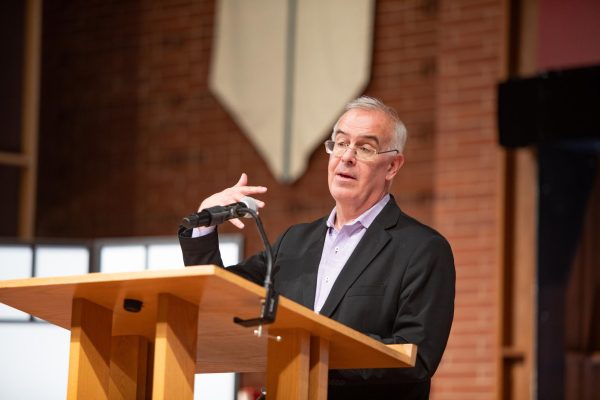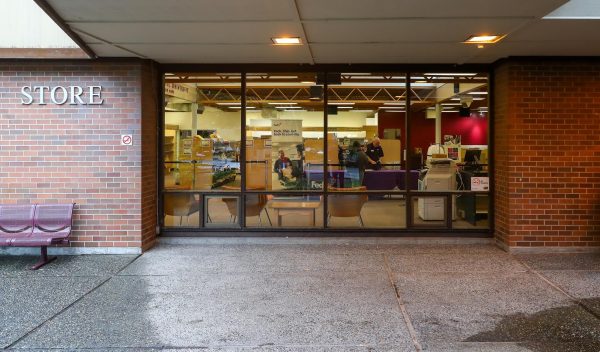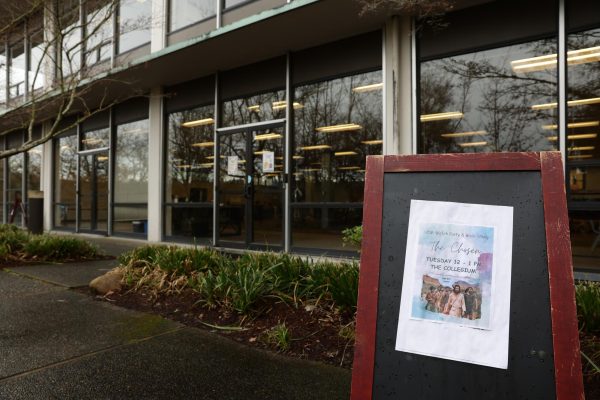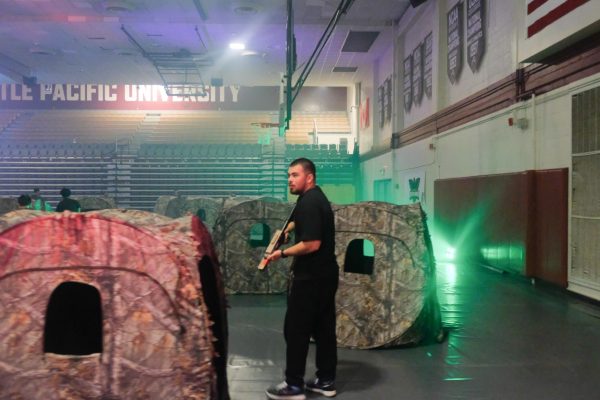Every action has a reaction
Leaving SPU impacts those who still remain
February 16, 2023
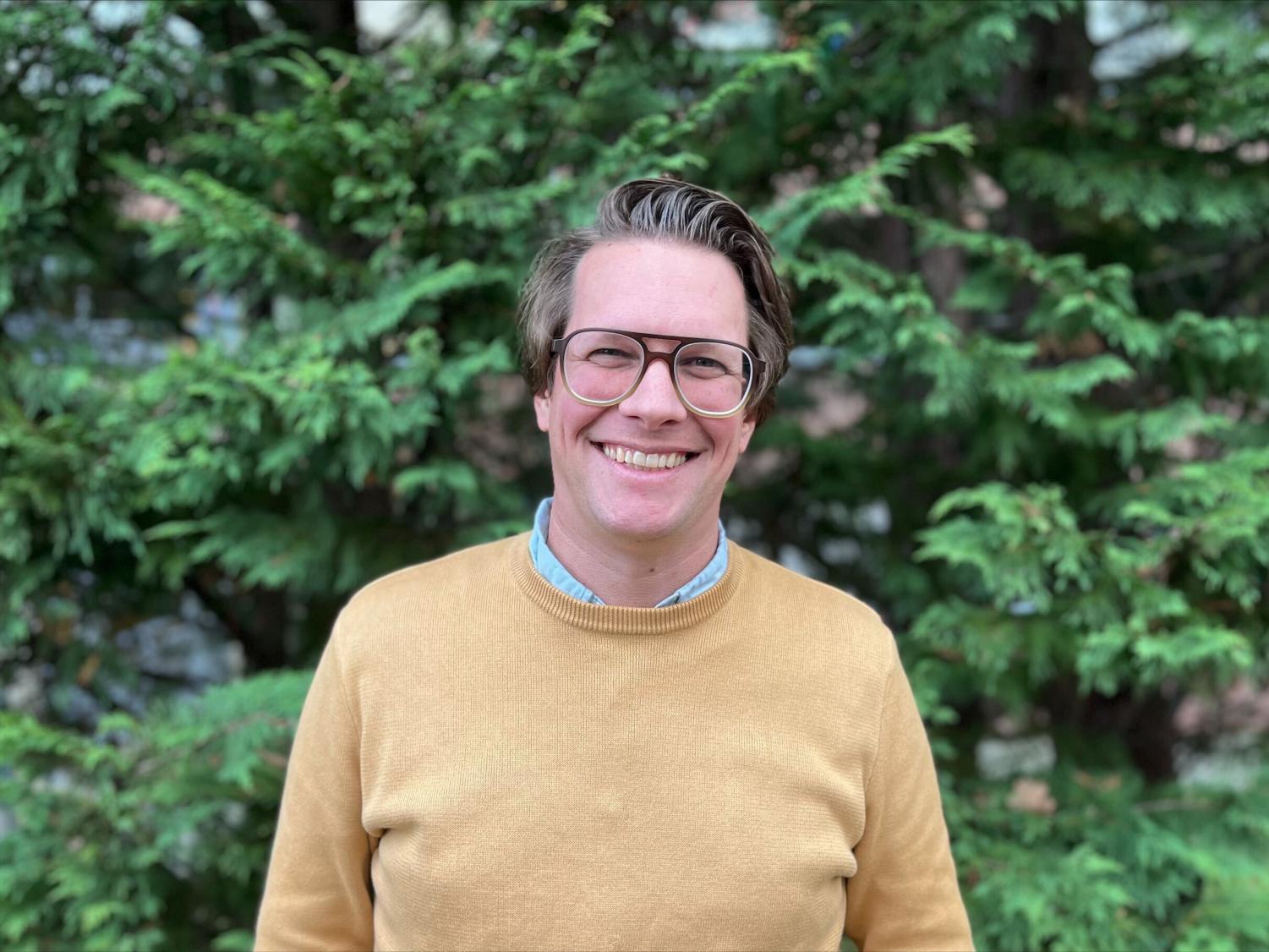
In September 2018, as Seattle Pacific University faculty were gathering for our annual faculty retreat a few weeks before students were set to arrive on campus, one of my closest friends on the faculty told me that she had decided she would be leaving SPU at the end of the year. It was only her third year at SPU, but budget cuts the previous year had eliminated the positions of two other close female colleagues – a theology professor and a sociology professor.
The final straw for my colleague was SPU’s employment policy and statement on human sexuality, which restricts the school from hiring LGBTQIA+ faculty – a policy and statement that she had not been aware of when she was hired herself. As she discovered the policy and learned that it was not a “legacy” policy (as some described it) but one that was enforced by the university in the way it hired full-time professors, my friend decided that SPU was no longer a university that she could remain at in good conscience.
There is much more to my former colleague’s story and her decision to leave SPU. But that is her story to tell, not mine. The reason I bring it up here is to highlight the question of why I am choosing to remain at SPU – so long as the choice remains mine to make – one that I have been wrestling with since before this year’s crisis and last year’s and the one from the year before that.
When my colleague told me that she had decided to leave SPU, the first thing I did was go back to my office and open up several tabs for job search websites. “If these reasons are enough for my friend to leave SPU,” I wondered, “then why on earth should I bother sticking around?”
It is a question that I have continued to ask myself several times in the years since. It is a question I discussed with a queer student as they considered transferring to a prestigious program on the east coast, one where they would not have to spend energy justifying their identity to professors and fellow students. I discussed it with another student who was confident that transferring to UW – the school where I had completed my undergraduate and graduate degrees – would open up more options for the graduate programs that she was hoping to get into.
It is a conversation I have had with several students and more than a few colleagues, especially over recent years.
One would think that, with all that practice, I would have a good answer by now. To be honest, though, the question of why I remain at SPU is still often difficult to answer. Even at my most hopeful, when I feel cautiously optimistic about the future of the university and the role that I could play in helping to shape that future, I feel a deep sense of grief over what we are losing and what we have already lost in so many colleagues, friends and students – in the loss of a shared sense of who we are as a university.
At other times, I just do not know. These years have been hard, as I expect at least the next few will be. I have spent a lot of time working through the events of these past years in therapy, as I know many of my colleagues have.
What I have often said to students and colleagues – and what I sometimes feel applies to me, too – is “if you are no longer here, SPU will be worse off for it.” It is cheesy and cliché, an idealized picture of a community that depends on all of its members in order to pull off anything worthwhile. Yet I have become increasingly convinced of the truth of that cheesy cliché as I have heard the stories of faculty, staff and students, as I sat with students and alumni on the second floor of Demaray last June, as I collaborated with faculty across campus as the director of campus writing and through my work as chair of the faculty diversity committee.
It is a belief in the kind of community that is embodied in the third way option adopted by the faculty senate last year, which not only articulates a vision for what SPU could be but also, in many ways, is deeply rooted in what SPU already is, albeit imperfectly. This is a community, a vision and even a mission that I feel proud to be a part of. In many important ways, I am more proud to be a part of this community today than I ever have been.
Yet, while these beliefs and this community still inform my own reasons for staying at SPU, I understand more than ever that the costs of staying are not the same for everyone, and therefore, the decision to leave or remain will vary for each student, each member of the university’s staff and each professor.
From my colleague several years ago to faculty members who have accepted buyout options, even the most unambiguous decisions are rarely simple – and each departure has an impact not only on those who are leaving but on those who are still here.


